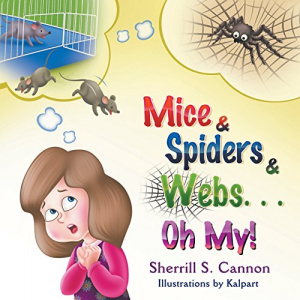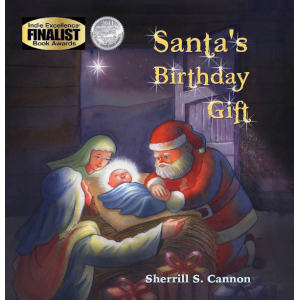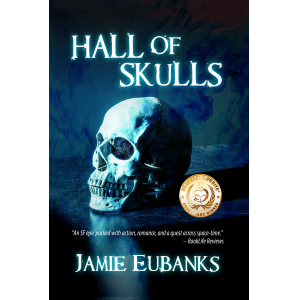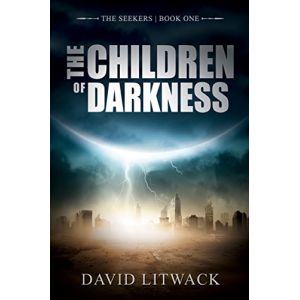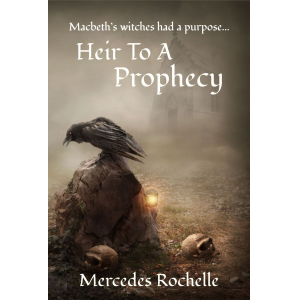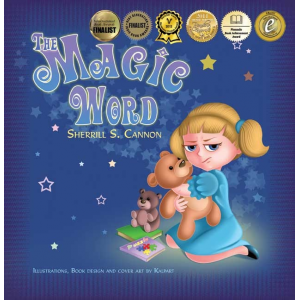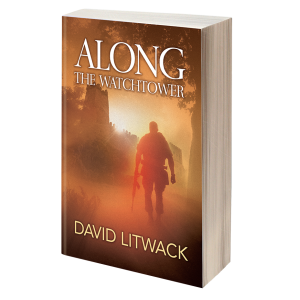- Author
- Book
- Story behind the book
- Media Links
- Reviews
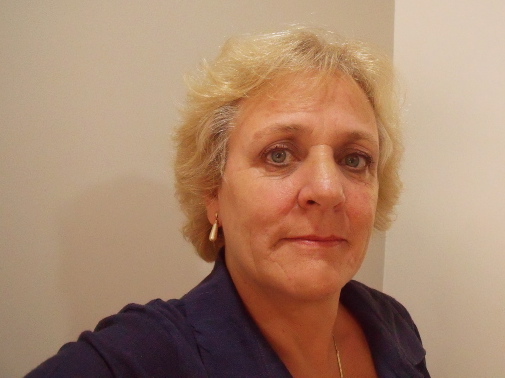
Victoria Twead
About
About Victoria Twead:
Victoria Twead nagged her long-suffering partner, Joe, into moving from England to Spain in 2004. They settled into a tiny mountain village in Andalucía, became reluctant chicken farmers and ended up owning probably the most dangerous cockerel in Spain.
Woven into the chapters are a number of Spanish recipes given to Vicky by the village ladies.
Victoria’s hilarious record of their culture shock and life with the villagers is told in her two books, Chickens, Mules and Two Old Fools and Two Old Fools - Olé! These charming, beautifully written books will have you laughing one minute, holding back tears the next, and finally reaching for your saucepan.
Awarded the HarperCollins Authonomy 'Gold Star'.
HarperCollins wrote: ‘laugh-out-loud funny...especially the Spanish women heckling over eggs from “The English”...hilarious...engaging... the interspersion of recipes is charming’.
Karen Wheeler, author of 'Tout Sweet: Hanging Up My Heels For A New Life In France' wrote: “Andalucía as it’s never been done before - a very quirky, funny and enjoyable tale - loved the subtle humour, Olé!”
Justin Aldridge, Eye on Spain, wrote: "I absolutely loved it! Funny, honest and impossible to put down."
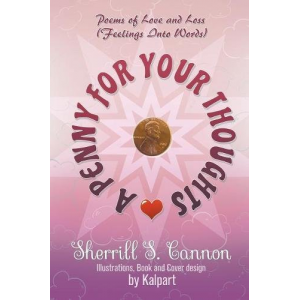
A Penny for Your Thoughts
Description
<p>Have you ever loved, been loved, been confused about love, or suffered from loss of love? All these feelings have been captured and shared in the words of heartfelt poems, compiled over many years by a former teacher and award-winning author.</p><p>Sherrill S. Cannon now shares her thoughts in this book of feelings. "As a teacher, I used poetry to help counsel many troubled teens and friends, and have continued this pattern throughout the years."</p><p>There are three sections in her book: Heads, Spinning, and Tails ... (Love & Loss: Coin Toss?). The variety of lyrical poetry forms include free verse, blank verse, haiku, and sonnets. Some poems are simply plays on words.</p><p><strong>A Sign</strong></p><p>In the depths of my winter</p><p>I heard a small bird -</p><p>Braving the cold,</p><p>Bringing the word.</p><p>He gave my heart hope</p><p>As I heard him sing -</p><p>Three little notes</p><p>Promising spring.</p><p>Sherrill S. Cannon, a former teacher and grandmother of 10, is the author of nine acclaimed rhymed children's stories that have received 48 national and international book awards between 2011 and 2017. Also a playwright with seven published plays for elementary school children, her works have been performed internationally in over 20 countries. Most of her children's books try to teach something, such as good manners and caring for others. Married for 57 years, she and her spouse are now retired, live in Pennsylvania, and travel in their RV from coast to coast, spending time with their children and grandchildren.</p><p><strong>Publisher's website: </strong> http: //sbprabooks.com/SherrillSCannon</p><p> </p>
Story Behind The Book
I absolutely loved writing Chickens from beginning to end, but by the time I reached the last chapter, I was exhausted. "I don't think I'll write another," I said to Joe. Although Chickens was such fun to write, I'm the kind of writer who agonises over every comma, and I endured sleepless nights worrying about the structure and content. Would the things we found funny amuse other people? Would the readers like the characters? Would anybody want to read about two old fools anyway? "Wait and see," said Joe. Well, we did wait and see, and were completely astonished at how well Chickens was received. I never dreamed it would become an Amazon bestseller, nor did I foresee how many friends I would make as a result. A couple of years ago, I scoffed at Twitter and Facebook, considering them a complete waste of time and 'not real'. I was wrong. Thanks to the Internet (and Twitter and Facebook in particular) I have chatted with literally hundreds of delightful people. Complete strangers who had read Chickens emailed me, some with amusing anecdotes of their own. Many others provided help, encouragement and endless laughs. You all spurred me on to write this sequel to Chickens, and I thank you for that. Although Joe and I live in a tiny village in the Spanish mountains, we feel we are always surrounded by friends from all over the world. Ole! was just as much fun to write as Chickens, although equally exhausting. Joe and I have a routine: I write a segment, whereupon Joe checks it and makes minor changes or suggestions. I then edit (if I agree with his advice) and carry on writing the next part. At the end, we put the whole manuscript aside for a week or more to 'prove', then print it off. Joe then reads the whole book aloud to me. If he stumbles, we rewrite that part to improve the flow. Amongst all the praise and fan letters I received, there were, of course, criticisms which I have tried to address in Ole! Some said Chickens was too short, so Olé! is longer. Some said the photographs were too small, so I have increased their size. But the main criticism came from a handful of American readers who were most affronted by our chickens' names. I am sincerely sorry for that - I never meant to offend. Our American friend, Colton, has since explained to us that the ‘F’ word is far stronger and more offensive in the States than it is in the UK. Rest assured, the two unfortunately- named chickens are not mentioned in Olé! although they did live to a ripe old age, oblivious to the storm of protest they caused. (RIP B & F) One more thing. For those unfamiliar with the little stick men I’ve used for scene breaks, they are Indalos, or Rainbow Men, the emblem for this part of Andalucía. So here it is, my second book. It was a joy to write and, I hope, will be enjoyed by those who are kind enough to read it. Vicky October 2011
Media Links
Reviews
<p class="p1">“Andalucía as it’s never been done before - a very quirky, funny and enjoyable tale - loved the subtle humour, Olé!”</p> <p class="p1"><em>Karen Wheeler, author of 'Tout Sweet: Hanging Up My Heels For A New Life In France.'</em></p> <p class="p2"></p> <p class="p1">"I absolutely loved it! Funny, honest and impossible to put down." <em>Justin Aldridge, Eye on Spain</em></p>
